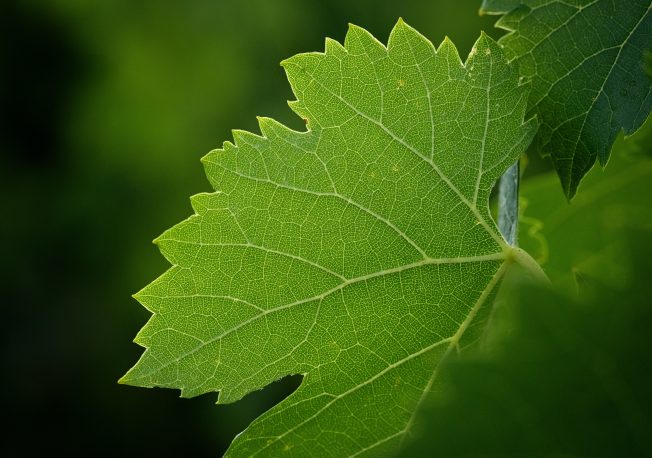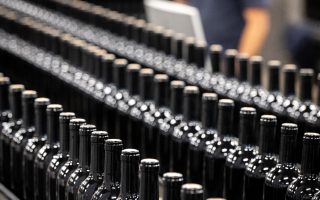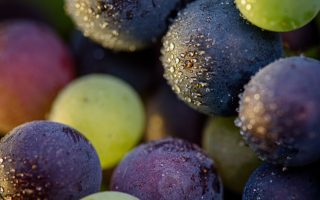R&D: Early detection of mildew at Château Margaux

For the past five years, we have been testing new solutions to fight mildew, one of the most feared vine diseases. This research is fully aligned with our commitment to sustainable viticulture.
We work with UMT SEVEN (a research unit focused on low-input vineyard ecosystem health) to reduce the use of copper. Although copper is a natural element, it accumulates in the soil over time and can ultimately harm soil health and the environment.
Our approach is based on early detection of the fungus, identifying mildew spores in the air before they cause infections. On a particularly sensitive plot, we have installed both active and passive sensors to collect airborne spores. These devices are checked three times a week, and the samples are analyzed by the UMR « Vineyard Agroecology & Health » unit (INRAE Bordeaux).
The data collected is then cross-referenced with weather conditions, vine growth stage, and regional risk levels. A special tool then helps us determine whether treatment is necessary.
In parallel, we are studying how mildew persists in vineyard soils. One preventive method we are testing involves collecting fallen leaves in autumn. This simple action reduces spores levels and help limit future outbreaks.
This work reflects our commitment to more responsible viticulture and our determination to protect the vine while minimizing our environmental impact.

